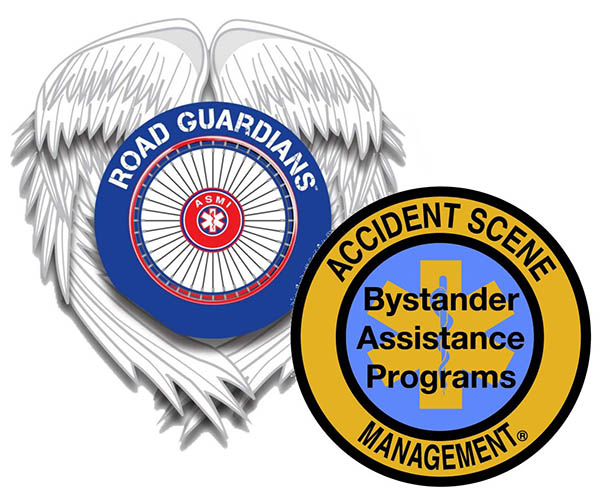Accident Scene Management / Road Guardians
Login |
(262) 706-3278
0
You have 0 items in your cart
§164. Immunity from civil liability
Notwithstanding any inconsistent provisions of any public or private and special law, any person who voluntarily, without the expectation of monetary or other compensation from the person aided or treated, renders first aid, emergency treatment or rescue assistance to a person who is unconscious, ill, injured or in need of rescue assistance, shall not be liable for damages for injuries alleged to have been sustained by such person nor for damages for the death of such person alleged to have occurred by reason of an act or omission in the rendering of such first aid, emergency treatment or rescue assistance, unless it is established that such injuries or such death were caused willfully, wantonly or recklessly or by gross negligence on the part of such person.
This section shall apply to members or employees of nonprofit volunteer or governmental ambulance, rescue or emergency units, whether or not a user or service fee may be charged by the nonprofit unit or the governmental entity and whether or not the members or employees receive salaries or other compensation from the nonprofit unit or the governmental entity. This section shall not be construed to require a person who is ill or injured to be administered first aid or emergency treatment if such person objects thereto on religious grounds. This section shall not apply if such first aid or emergency treatment or assistance is rendered on the premises of a hospital or clinic.
Automatic External Defibrillator:
Title 21, Chapter 421 (2007)
Immunity. The following persons and entities are immune from civil liability for damages relating to the use, possession or purchase of an AED and arising out of acts or omissions relating to preparing for and responding to suspected sudden cardiac arrest emergencies absent gross negligence or willful or wanton misconduct:
